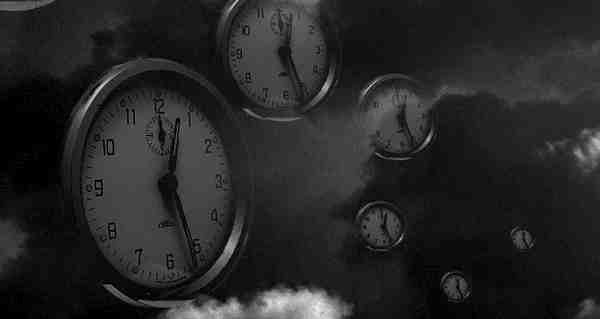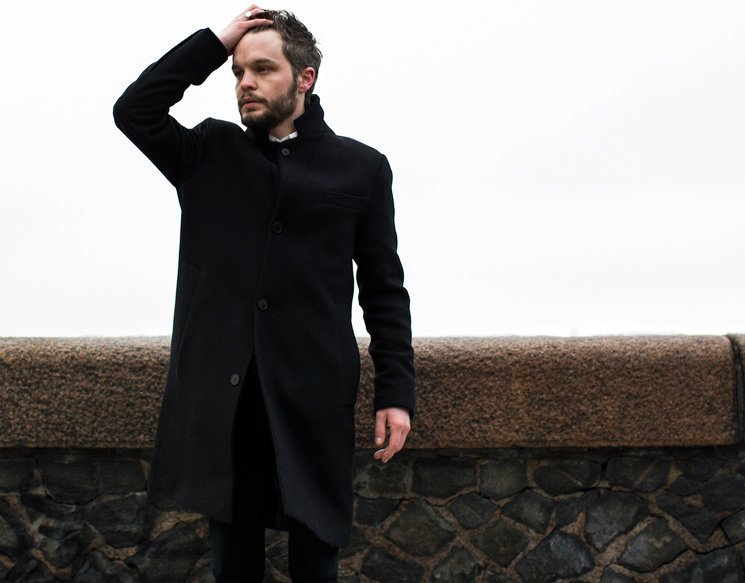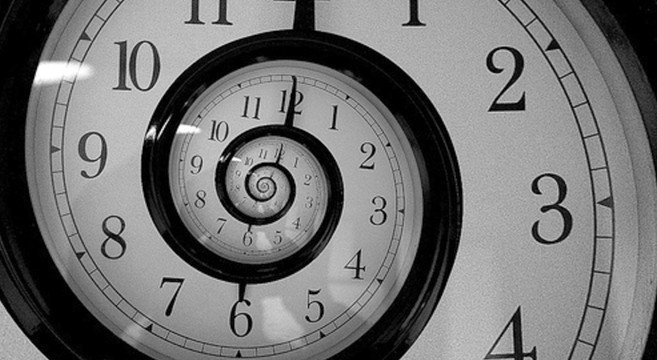How many times have you experienced a sudden yet brief feeling of familiarity while in a completely new place? Or the feeling that you’ve had the same conversation with someone before?

This familiar feeling is termed as déjà vu, which translates to “already seen” in French and it’s reported to occur on a fairly occasional basis in close to 3/4th of the world’s population. While there are arguments that suggest it might be because of certain “paranormal forces”, instances of “time travel” or the existence of a parallel world; it is still not clear, and hence, the claims are still refuted.
So what is plausibly responsible for déjà vu? Well, here is what science states:
Split-second delay in transmission of information
One side of the brain is usually ‘in charge’ of a particular skill set. For example, in most people, the left side of the organ deals with language. The most widely embraced reason for deja vu is that there is a split-second delay in the transfer of information from one side of the brain to the other.
Therefore, one side of the brain would then get the same information twice – once directly and once from the side ‘in charge’. The person would sense that the same event has occurred twice.

Memory error
It may also be a result of a memory error that might expose the nature of the memory system. Some researches speculate that the phenomenon may occur due to a discrepancy in memory systems that lead to inappropriate generation of a detailed memory, arising out of a new sensory experience.
To make it simple: information that bypasses short-term memory and reaches long-term memory.
This explains why a new experience may feel similar, but is not as tangible as a “fully recalled memory”.

Neurological discharge
It has been proposed that the phenomenon could also be triggered by a similar neurological discharge that spawns a strange sense of “belonging” or familiarity or that someone has reset the clocks!

Activation of rhinal neural system
One theory believes that the activation of the rhinal neural system (involved in the detection of familiarity) occurs without activation of the recollection system in the hippocampus. This triggers off a feeling of recognition without specific details. To make it succinct- déjà vu is a reaction of the brain’s memory chambers to a familiar experience.
For instance, you might feel deja vu in a bar/restaurant in a foreign country which has a similar layout to the one you frequent.


















